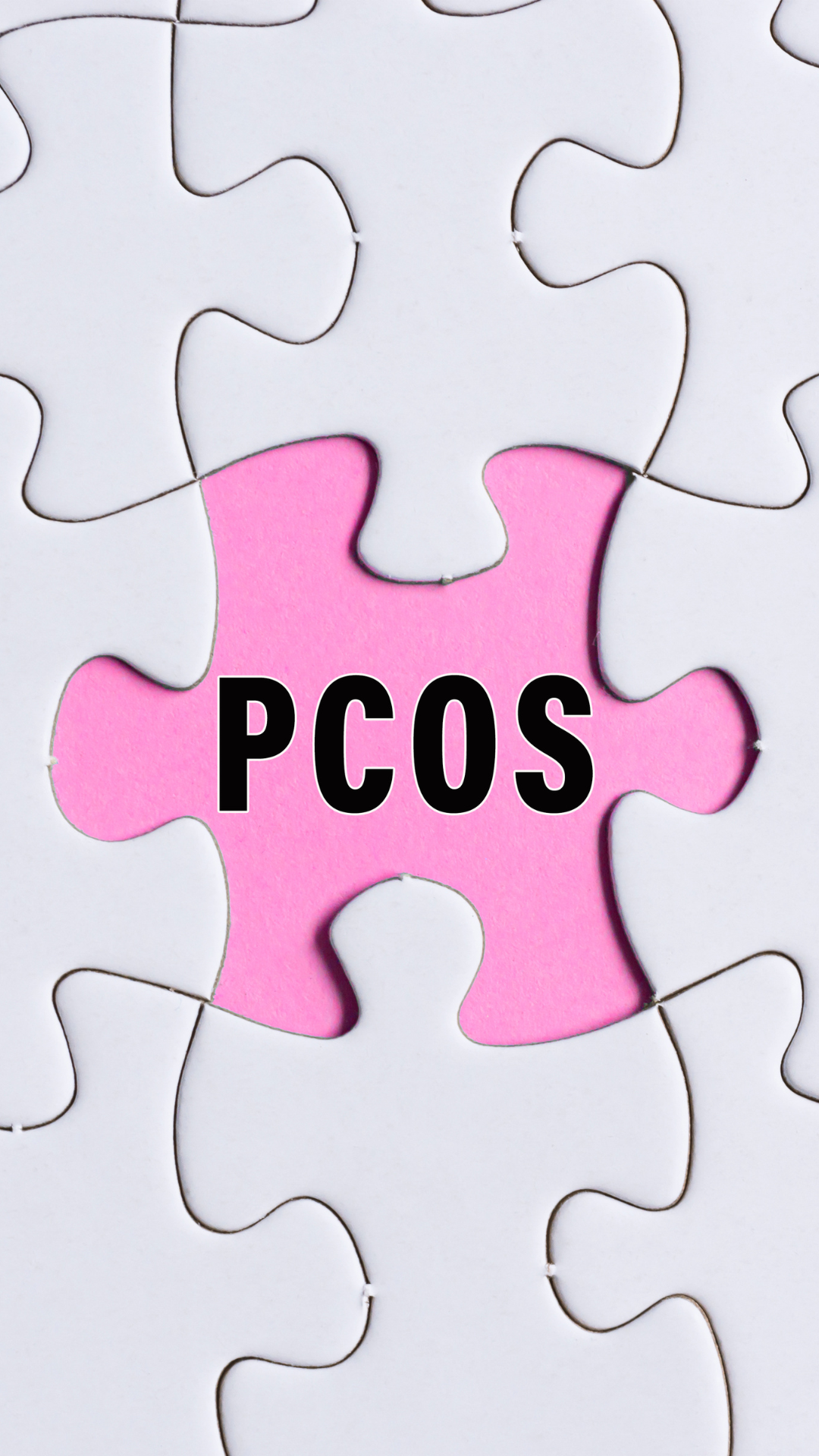Welcome to our comprehensive guide to PCOS (Polycystic Ovary Syndrome) and its impact on weight loss. If you've been struggling with weight management due to PCOS, understand that you are not alone. We'll dive into the world of PCOS, discuss its effects on weight gain, and provide you with health tips, tricks, and best practices to embark on a successful weight loss journey.
Understanding PCOS:
PCOS affects nearly 1 in 10 women globally, making it one of the most common hormonal disorders among women in reproductive age. This condition can lead to irregular menstrual cycles, ovarian cysts, hormonal imbalances, and insulin resistance - all of which contribute to weight gain and make weight loss challenging.
The PCOS-Weight Loss Connection:
A key factor in PCOS-related weight gain is insulin resistance. Insulin is a hormone that regulates blood sugar levels, and when its signaling is disrupted due to PCOS, excess sugar is stored as fat, leading to weight gain. Furthermore, imbalanced hormone levels can affect metabolism, energy expenditure, and appetite control, making it more difficult for women with PCOS to lose weight.
Health Tips and Tricks:
1. Balanced Diet: Focus on a balanced diet that includes lean proteins, fiber-rich carbohydrates, healthy fats, and plenty of fruits and vegetables. Avoid processed foods, sugary snacks, and excessive amounts of caffeine.
Example: Start your day with a protein-packed breakfast, such as a Greek yogurt parfait topped with fresh berries and a sprinkle of granola.
Reccommended foods:
1. Non-starchy vegetables: Eating a variety of colorful vegetables like spinach, kale, broccoli, Brussels sprouts, and cauliflower can provide essential vitamins, minerals, and fiber.
2. Lean proteins: Opt for lean protein sources like chicken breast, turkey, fish, tofu, legumes, and low-fat dairy products. These foods can help regulate blood sugar levels and promote satiety.
3. Healthy fats: Include foods high in healthy fats such as avocados, nuts and seeds (walnuts, chia seeds, flaxseeds), olive oil, and fatty fish like salmon. These fats are important for hormone regulation and may help reduce inflammation.
4. Whole grains: Choose whole grains like quinoa, brown rice, oats, and whole wheat bread instead of refined grains. These provide more fiber and nutrients, leading to better blood sugar control.
5. Berries and other low-glycemic fruits: Berries like strawberries, blueberries, raspberries, and blackberries have a low impact on blood sugar levels. Other low-glycemic fruits such as apples, pears, and citrus fruits are also good options.
6. Probiotic-rich foods: Incorporate probiotic-rich foods like yogurt, kefir, sauerkraut, miso, and kombucha. These can help improve gut health and potentially reduce insulin resistance.
7. Cinnamon: Consider adding cinnamon to meals or beverages as it may help regulate blood sugar levels and improve insulin sensitivity.
8. Herbal teas: Herbal teas like spearmint and chamomile may help manage PCOS symptoms by reducing androgen levels and promoting relaxation.
9. Flaxseeds: Ground flaxseeds are an excellent source of fiber, omega-3 fatty acids, and lignans, which may help regulate hormone levels and improve insulin sensitivity.
10. Water: Staying adequately hydrated is crucial for overall health, hormonal balance, and optimal bodily function. Aim to drink at least 8 cups (64 ounces) of water per day.
While these foods can be beneficial for managing PCOS symptoms, it is always best to consult with a registered dietitian or healthcare provider for personalized advice and to ensure these foods align with any specific dietary needs or restrictions.
2. Portion Control: Be mindful of portion sizes to prevent overeating. Consider using smaller plates and practicing mindful eating, savoring every bite and listening to your body's hunger cues.
Example: Opt for a palm-sized serving of lean protein, like chicken or fish, paired with a colorful mix of vegetables and a small portion of whole grains for lunch.
3. Regular Exercise: Engage in a combination of cardiovascular exercises, strength training, and flexibility exercises to promote weight loss, improve insulin sensitivity, and regulate hormones.
Example: Incorporate activities you enjoy, such as dancing, swimming, or hiking, for at least 150 minutes per week. Additionally, join a yoga or Pilates class to improve flexibility and reduce stress.
4. Sleep & Stress Management: Prioritize quality sleep and reduce stress levels. Lack of sleep and chronic stress can disrupt hormone balance, leading to increased cravings, weight gain, and difficulty losing weight.
Example: Establish a relaxing bedtime routine, limit screen time before bed, and practice stress-relieving techniques such as meditation, deep breathing exercises, or journaling.
Best Practices for Beginners:
1. Seek Professional Guidance: Consult with a healthcare professional specializing in PCOS or a registered dietitian to develop a personalized weight loss plan that takes your specific needs and medical history into consideration.
2. Track Your Progress: Keep a food diary or use a dedicated app to track your calorie intake, macronutrients, and exercise. This will help you identify patterns, make adjustments, and stay accountable.
3. Find Support: Join online communities, support groups, or seek guidance from others who have successfully managed PCOS-related weight loss. Shared experiences and empowered women can provide valuable tips, motivation, and encouragement throughout your journey.
Conclusion:
Embarking on a weight loss journey with PCOS may seem daunting, but armed with knowledge, health tips, and best practices, you can overcome the challenges and achieve sustainable weight loss. Remember, patience and consistency are key. Embrace a balanced lifestyle that nourishes your body, prioritizes physical activity, and manages stress levels. You deserve to live a healthy and fulfilling life, and with the right approach, PCOS will not limit your potential!



Comments ()